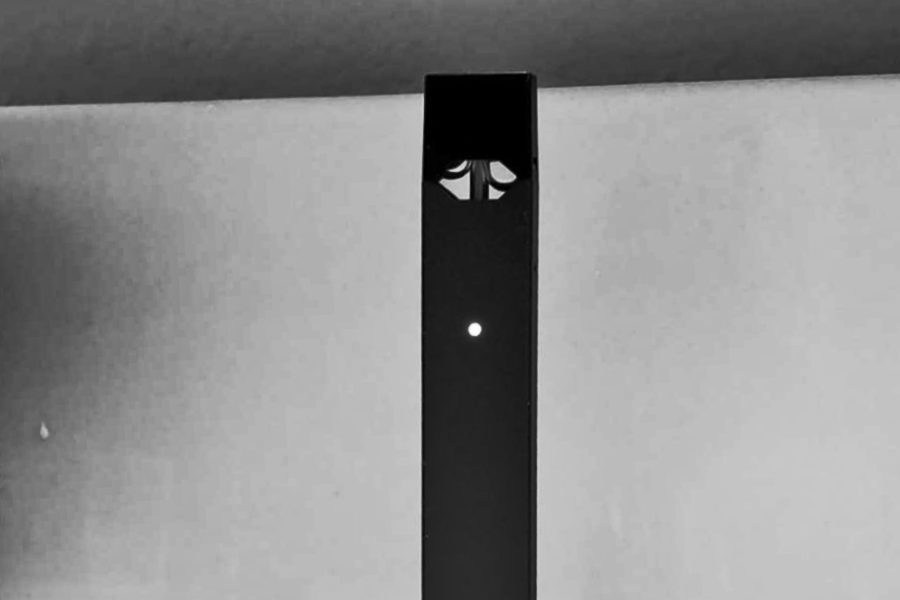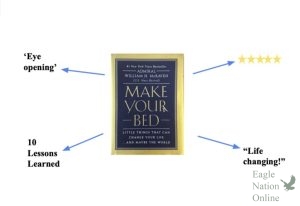Juul stops selling flavors that attract youth: ‘A much-needed change’
The U.S. Food and Drug Administration (FDA) ordered Juul back in September to create a plan for how to keep the device away from underage kids. Juul responded to this order by removing their flavored pods from retail stores. Options such as mint and menthol will still be available in stores for people over the age of 18.
December 7, 2018
In the 1950s, doctors promoted smoking because they were unaware of its harmful chemicals. They didn’t know the risks of it. No one did. Now with the introduction of e-cigarettes, no one knows the long-term effects of these products either.
On Tuesday, Nov. 13, Juul announced the company would pull its flavored pods from all retail stores after last month’s order from the Food and Drug Administration. The FDA ordered Juul had 60 days to prove the company could keep its nicotine-filled products out of underage consumers’ hands, or the FDA would be forced to stop the sale of products that attract purchases from underage buyers. They will only sell menthol, mint and tobacco in stores for adults who use the product as an alternative for cigarettes.
Juul’s decision to pull the flavored pods is a much-needed change.
The scents of flavored and vaporized nicotine have plagued high schools and even middle schools for the past few years. Even though the products were only permitted to be purchased by those over the age of 18, kids still found ways to get them. Younger users have friends who turn 18 to buy these vaping products for them, or word can get around about what stores have less-strict selling policies. Soon, kids began re-selling the products within school walls, spreading the reach of nicotine even further.
Schools also are having issues with students vaping in bathrooms. The high school attempted to minimize this issue by removing the bathroom doors to expose evidence of smoke. This attempt was less than successful. Students continued to vape in the bathrooms and would use new “tricks” to hide the smoke. Hopefully, Juul’s new policy will have better success.
Throughout the years, schools have also made more attempts to stop students from using drugs starting from a young age. Things like assemblies and ‘Red Ribbon Week’ activities are used to warn kids about the dangers of drugs. While these programs have yielded some success, the results have not brought complete solutions.
Juul now will restrict the ability to make mass purchases of the products online and will begin implementing stronger ID policies. Customers will only be allowed to buy two devices and up to 15 pods in one transaction. Purchasers will also only be allowed to buy up to 10 devices annually to prevent the distribution and resale of products to minors.
It should not be as easy for underage purchasers to get their hands on potentially dangerous products like those used in Juul vapes, because just like in the 1950s, the effects on users’ bodies are not clear. Studies have shown that long-term vaping can lead to a e-liquid coating of the lungs.
Out of the many attempts made to stop young people from using e-cigarettes, perhaps, Juul’s response to the FDA’s request will work. This company’s decision to remove vaping products that attract underage users off the market was the right one to take.
To those who are upset about the new policy, think about how kids who smoked in the ’50s grew up to have cancer. Do we really want our kids to grow up and develop diseases too?

























